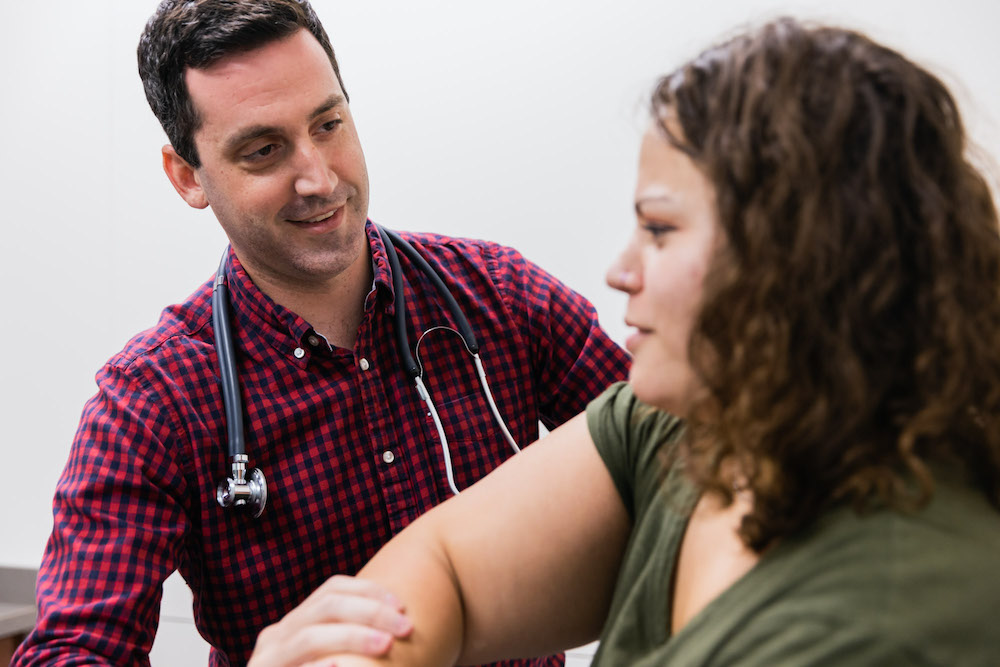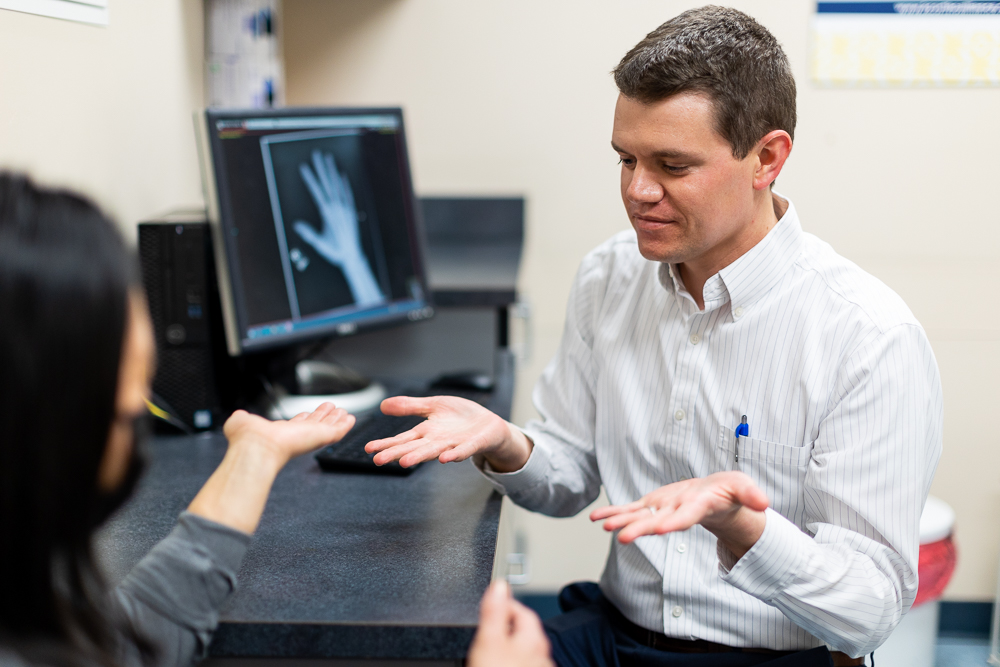A large majority of my fellowship training focused on treatment for elbow trauma. Some of the most common types of elbow traumas I treat include elbow dislocations, elbow dislocations with associated fractures, distal humerus fractures, olecranon fractures and radial head fractures. Treatment varies depending on the severity of the condition.
In some cases, patients with severe elbow trauma can develop a condition known as “stiff elbow” due to excess scar tissue or inflammation around the nerves that prevents movement of the elbow. In the following video, I discuss various types of elbow traumas and possible treatment options associated with each condition, as well as when to seek orthopedic treatment for a stiff elbow.
Patients with pain or discomfort in or around the elbow may find the following videos helpful:
- Elbow Injuries In Youth Sports Video
- Cubital Tunnel Syndrome: Symptoms and Treatment
- Common Orthopedic Injuries Caused by Falling
 About the Author: Mark J. Winston, M.D., is an orthopedic surgeon specializing in hand, wrist and upper extremity surgery as well as sports medicine. Before joining Dickson-Diveley Orthopaedics, Dr. Winston completed a hand and upper extremity fellowship at the Hospital for Special Surgery/Weill Cornell Medical College in New York.
About the Author: Mark J. Winston, M.D., is an orthopedic surgeon specializing in hand, wrist and upper extremity surgery as well as sports medicine. Before joining Dickson-Diveley Orthopaedics, Dr. Winston completed a hand and upper extremity fellowship at the Hospital for Special Surgery/Weill Cornell Medical College in New York.
***
The medical information contained in the Dickson-Diveley Orthopaedics website is provided to increase your knowledge and understanding of orthopedic conditions. This information should not be interpreted as a recommendation for a specific medical or surgical treatment plan. As each patient may have specific symptoms or associated problems, the treatment regimen for a specific patient may not be the proper treatment for another.
Gaining knowledge and understanding of a particular problem or condition is the first step in any medical treatment plan. I believe the information presented on our website will be helpful for those individuals experiencing hand and wrist diseases, injuries, or other related problems. However, this information is not intended to replace the advice of your family physician. You are encouraged to consult with your physician to discuss any course of treatment presented or suggested.


